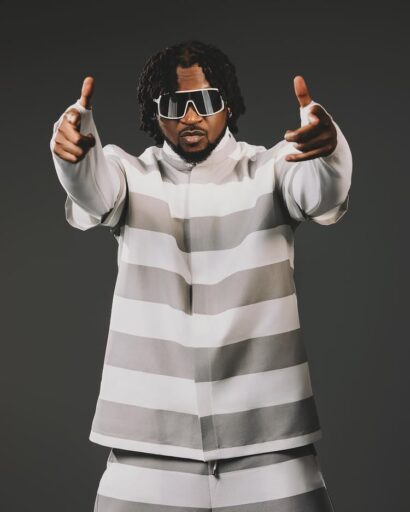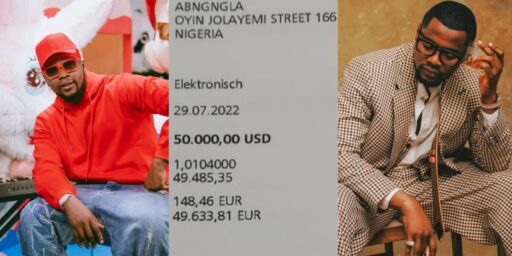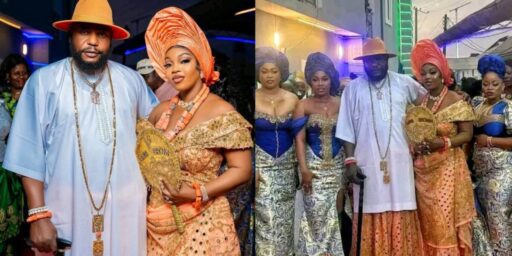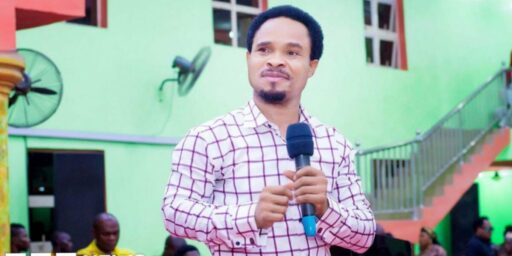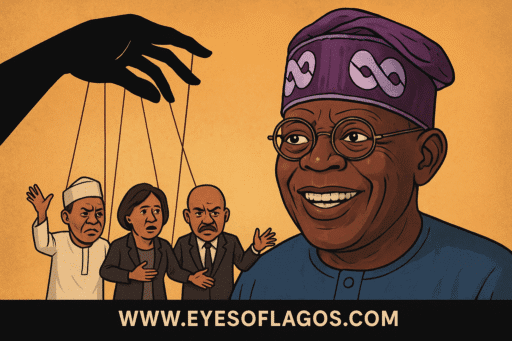What Buhari Really Did for Northern Nigeria – A Deep Dive You Didn’t See Coming
For eight years, Muhammadu Buhari sat at the helm of Nigeria’s affairs as president—from 2015 to 2023. And while critics accused him of favoritism towards the North, the real question is: What did he actually do for Northern Nigeria?
Let’s look beyond tribal sentiments and media soundbites. This deep dive uncovers the actual projects, policies, and paradoxes of Buhari’s relationship with the region that arguably gave him the presidency. Eyes Of Lagos reports,
🛤️ 1. Massive Infrastructure Push – Mostly North-Focused
Buhari’s administration heavily invested in infrastructure across the North. These are the major ones:
-
Abuja–Kaduna–Zaria–Kano Expressway (ongoing): one of the biggest highway reconstructions in West Africa.
-
Lagos–Kano Standard Gauge Railway: with the Kano–Kaduna section prioritized and funded by Chinese loans.
-
Second Niger Bridge? Sure, but Zungeru Hydroelectric Power Plant in Niger State also came to life under Buhari.
💡 Reality check: Most of these projects were either loan-driven or ongoing before he came in. Still, his government pushed them across the finish line.
🛡️ 2. Security: Did It Improve or Worsen?
Buhari rode to power on a promise to defeat Boko Haram. Early on, there were signs of improvement:
-
Major territories reclaimed in Borno, Yobe, and Adamawa.
-
Increased military presence in the North-East.
However, new threats emerged:
-
Banditry and kidnappings spread like wildfire across Zamfara, Katsina, Kaduna, and Niger States.
-
ISWAP and Fulani herdsmen attacks worsened national insecurity.
😞 Verdict: Many Northern communities felt even more unsafe during his tenure than before.
📚 3. Education Initiatives – Not Much To Write Home About
Buhari introduced some education-centered programs, like:
-
Better Education Service Delivery for All (BESDA) for out-of-school children (largely focused in Northern states).
-
School feeding programs under the National Social Investment Program.
But critics argue that core structural education reform never happened. Northern Nigeria still has the highest out-of-school children rates in the world, and the Almajiri system remains untouched.
🎓 Bottom line: Big plans, weak execution.
💵 4. Appointments: The “Northern Favoritism” Question
Let’s not pretend—Buhari’s kitchen cabinet and security council were Northern-heavy. From service chiefs to top ministers and parastatal heads, the North got major political control during his time.
But here’s the twist: Did that political power translate to economic empowerment for everyday Northerners?
Many say no.
🧑🌾 5. Agricultural Support – Big Boost, But For Who?
Programs like:
-
Anchor Borrowers’ Programme (ABP)
-
Nigeria Incentive-Based Risk Sharing System for Agricultural Lending (NIRSAL)
-
Presidential Fertilizer Initiative
… were all aimed at boosting farming in the North. States like Kebbi, Jigawa, and Kano benefited. Yet many small-scale farmers complained of hijacked loans, political favoritism, and corruption.
🌾 Outcome: Northern elites cashed in, but rural farmers saw little change.
🏥 6. Healthcare: Still Left Behind
Northern Nigeria continued to struggle with maternal mortality, malnutrition, and poor healthcare access.
-
The COVID-19 response exposed serious weaknesses in primary healthcare.
-
Buhari’s government built isolation centers and pushed for basic health coverage—but nothing transformative happened in the North’s health landscape.
🏥 Verdict: Token upgrades. No major revolution.
📊 Final Scorecard – Buhari and the North
| Sector | Impact Score (1–10) |
|---|---|
| Infrastructure | 7 |
| Security | 4 |
| Education | 3 |
| Healthcare | 3 |
| Economic Reform | 5 |
| Agriculture | 6 |
Despite his northern roots and loyal base, Buhari’s presidency didn’t radically change the North’s destiny. Poverty still thrives, youth unemployment is high, and insecurity haunts daily life.
✅ What he gave the North: Roads, trains, and political representation.
❌ What he didn’t fix: Poverty, education, and long-term development.
🤔 So, Was It Worth It?
To many Northerners, Buhari’s presidency felt like a missed opportunity — 8 years of “our brother is there,” but little structural change to show for it.


